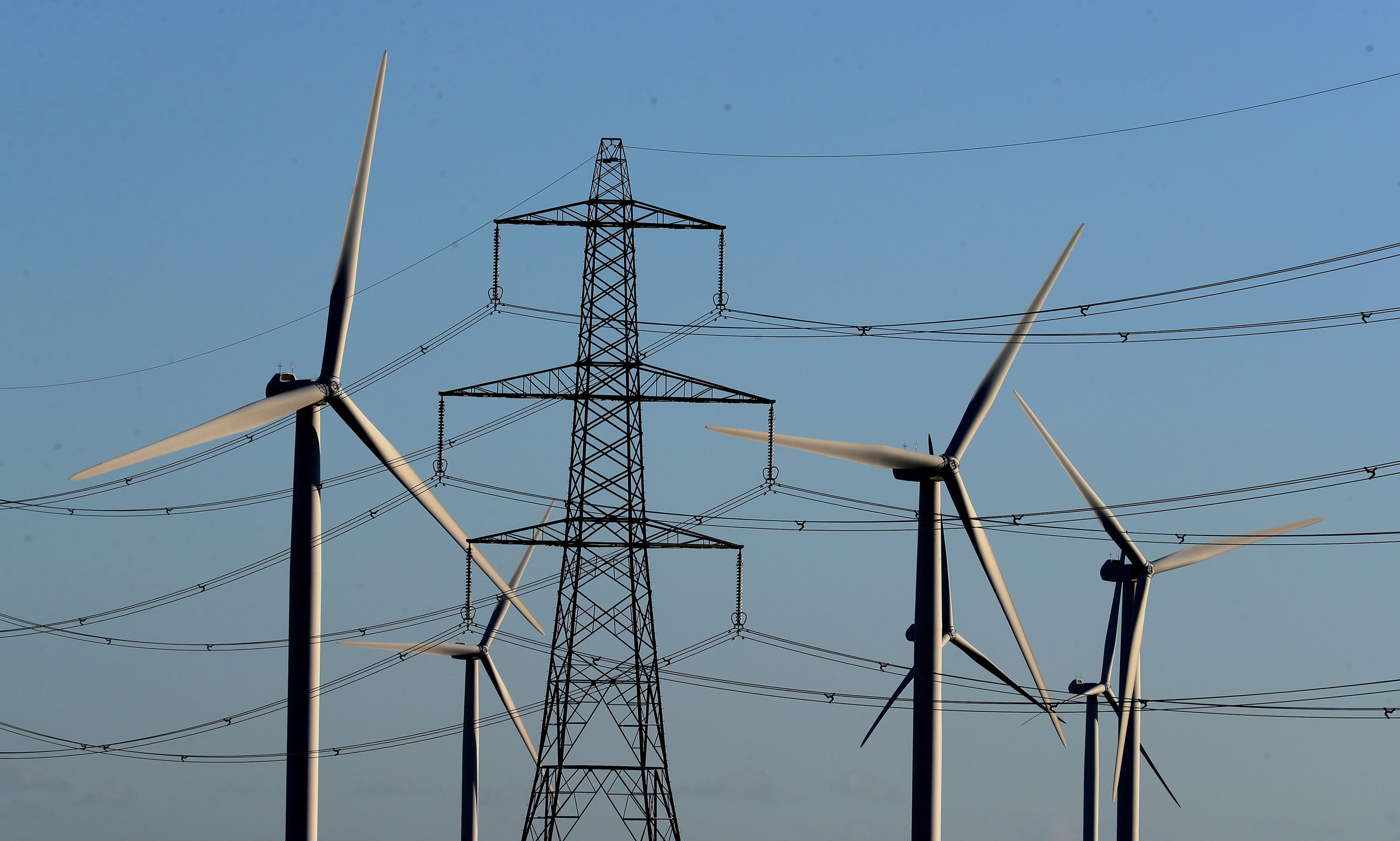Greenpeace UK claimed the Crown Estate is treating the seabed as “an asset to be milked for profit and outrageous bonuses”, and warned it could take the public body to court.
The campaigning organisation accused the Crown Estate of “monopoly profiteering”, claiming this is inflating energy bills and driving up costs for offshore wind developers and billpayers.
The intervention comes days before a high‑stakes auction in which energy companies will compete for rights to build new wind farms on the seabed.
The Crown Estate, which manages land and property owned by the King and provides revenue to the Treasury and Royal Household, controls leasing of the seabed in England, Wales and Northern Ireland – though not Scotland. Developers pay option fees and rents to secure sites, generating significant income for the estate.

The estate made over £1bn in 2024-2025 with profits having “skyrocketed” in recent years, Greenpeace said, turning the seabed into its most lucrative source of revenue.
The group also said the King’s official income will jump from £86.3m this year to £132.1m in 2025-2026, “almost exclusively because of the profits derived from offshore wind”.
Greenpeace said its threat of legal action comes after a “lengthy correspondence and a face-to-face meeting” with the Crown Estate management. The campaign group is now asking for an urgent review of the bidding process, which, in its current form, passes a hefty burden onto UK billpayers.
The group said the current system risks “double charging” billpayers – first through higher leasing costs, and again when power generated by turbines in Scotland cannot be transmitted south to England where demand is higher, so operators are paid to switch turbines off.
Without sector reform, Greenpeace warns, the UK’s push to expand offshore wind will be undermined by unnecessary costs and inefficiencies.

“The Crown Estate should be managing the seabed in the interest of the nation and the common good, not as an asset to be milked for profit and outrageous bonuses,” Greenpeace UK co-executive director Will McCallum said.
“We should leave no stone unturned in looking for solutions to lower energy bills that are causing misery to millions of households. Given how crucial affordable bills and clean energy are to the government’s agenda, the chancellor should use her powers of direction to ask for an independent review of how these auctions are run.”
He added: “If the problem isn’t fixed before the next round, we may need to let a court decide whether or not what’s happening is lawful.”
Greenpeace also called for the “excess profits from the last auction round to be invested in marine recovery” – the restoration of damaged marine habitats to a healthier state.
In an email to The Independent, the Crown Estate said it did not recognise the basis of Greenpeace’s concerns.
“Greenpeace has misunderstood the Crown Estate’s legal duties and leasing processes,” the body said. “Option fees are not fixed by the Crown Estate. They are set by the developers through open, competitive auctions and reflect market appetite at the time.
“As our net revenue is returned to the Treasury, option fees help to ensure that taxpayers benefit from the requisite value from the development of our scarce and precious seabed resource.”
The statement added: “The Crown Estate is accelerating offshore wind in line with government policy to move forward the energy transition at pace and improve energy security.”
The row comes following news that over 100 countries have cut their dependence on fossil-fuel imports, saving themselves hundreds of billions of dollars by continuing to invest in renewables, according to new figures released by the International Energy Agency last week.

.jpeg)























.jpeg)













 English (US) ·
English (US) ·